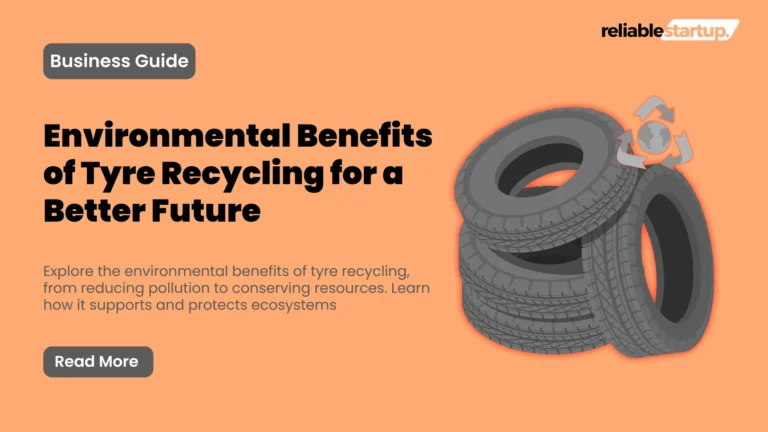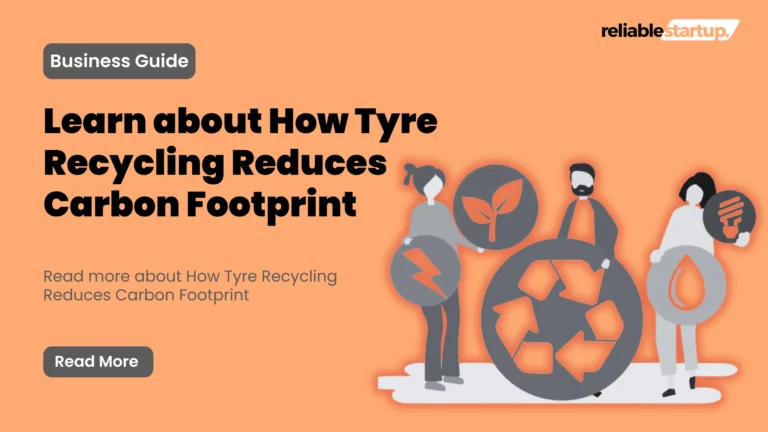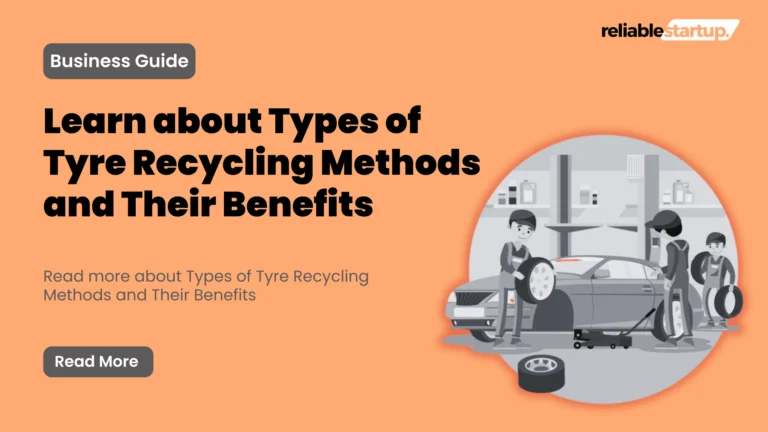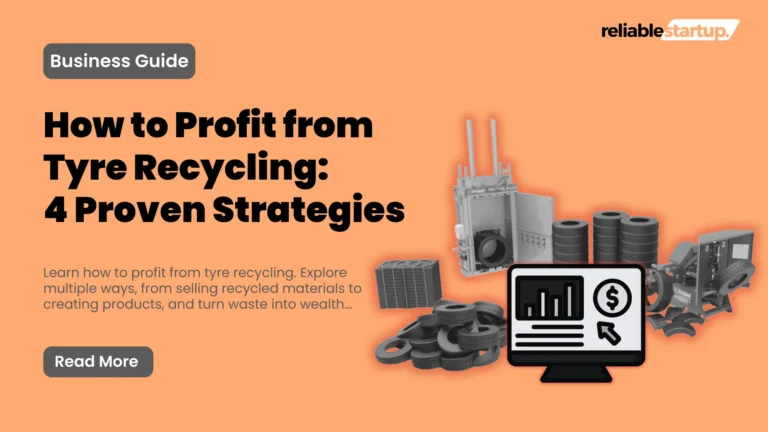How to Start a Small Tyre Recycling Plant
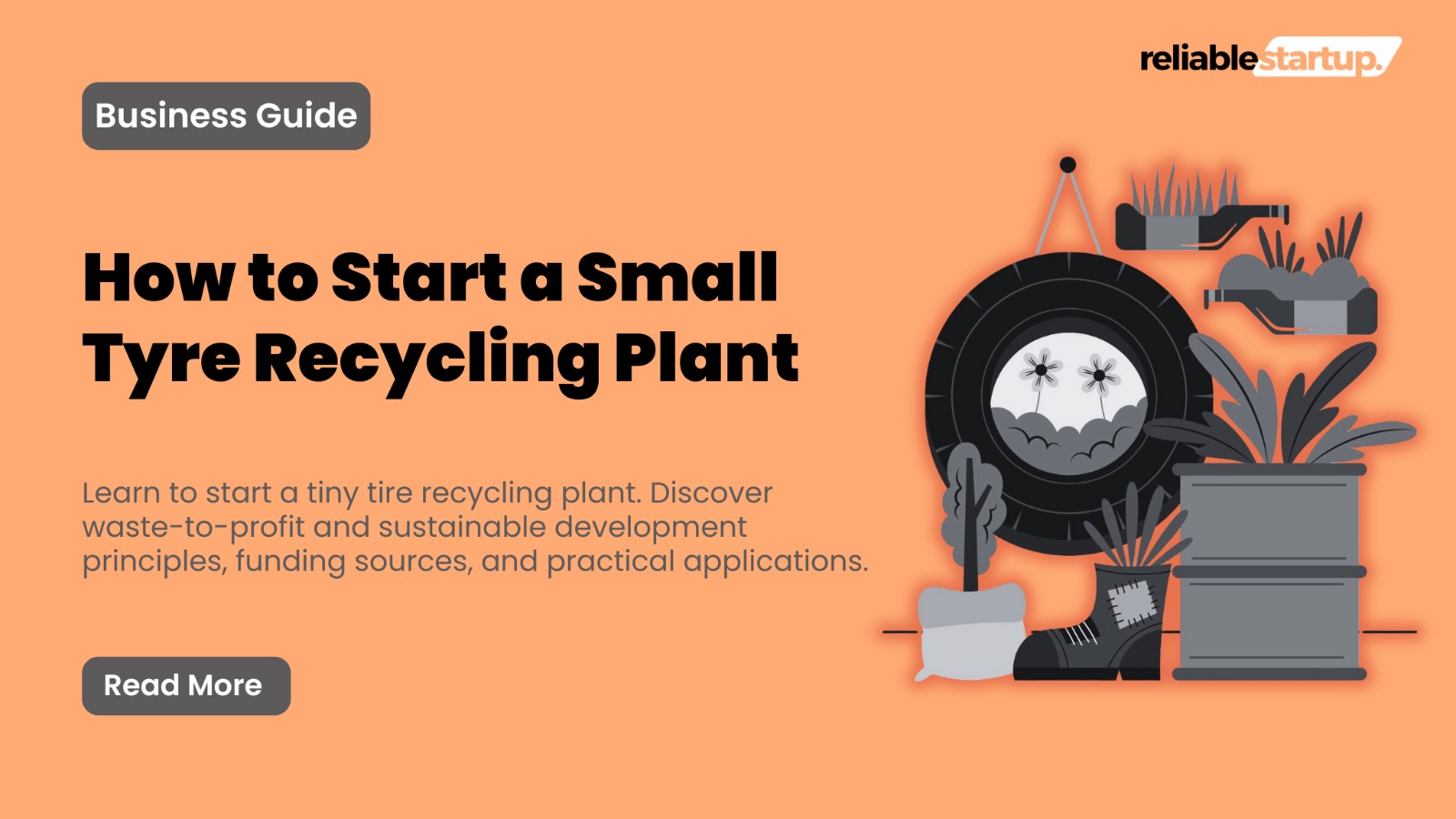
We need effective trash management solutions in our eco-conscious environment. Used tire disposal is a significant issue. Many tires are dumped yearly without the correct method, resulting in ecosystem pollution, adverse effects on wildlife, and negative health impacts on humans near old tire dumps.
This problem can be solved by starting a small tyre recycling plant to seize this market niche. Scrap tires are recycled to generate rubber chips, known as rubber mulch, crushed rubber, and fuel oil. Using many materials in multiple industries reduces landfill waste and promotes the circular economy.
Your tire recycling business should be financially profitable, a source of income, and add value to the environment and the people around you. Due to increased awareness of sustainable living, being green is slowly becoming important. Recycling is more common in products, so anyone entering this industry can succeed environmentally.
This guide walks you through starting a small tire recycling plant. We will discuss all the issues concerning market research, funding, permissions, and supply chains.
So, Let’s check it out…
List Of Starting A Small Tyre Recycling Plant
Since demand for recycled materials and environmental awareness are rising, starting a tire recycling company can be profitable. Let’s discuss the details of a minor, insignificant tire recycling plant.
1. Research Markets
Before starting a business, you must study the market. Examine these:
- Recycled Product Demand: Find building, manufacturing, and local government buyers for recycled rubber materials.
- Competition: Evaluate local businesses to determine your value proposition and price approach.
2. Plan your business

For operations and funding, you need a detailed business plan. Your strategy should include:
- Structure of Business: Choose a sole proprietorship, LLC, or corporation.
- Strategy for funding: List the costs of equipment, land, and operations for the initial investment. Consider small business loans or government assistance.
- Plan: Explain tire collecting, processing, and distribution.
3. Obtain Financial Resources

Tire recycling plants are expensive to start. Consider these financial sources:
- Grants and loans: Get loans up to 90% of your investment under the Pradhan Mantri Employment Generation Scheme. Additionally, investigate waste management-focused SBIR (Small Business Innovation Research) grants.
4. Get Licenses and Permits
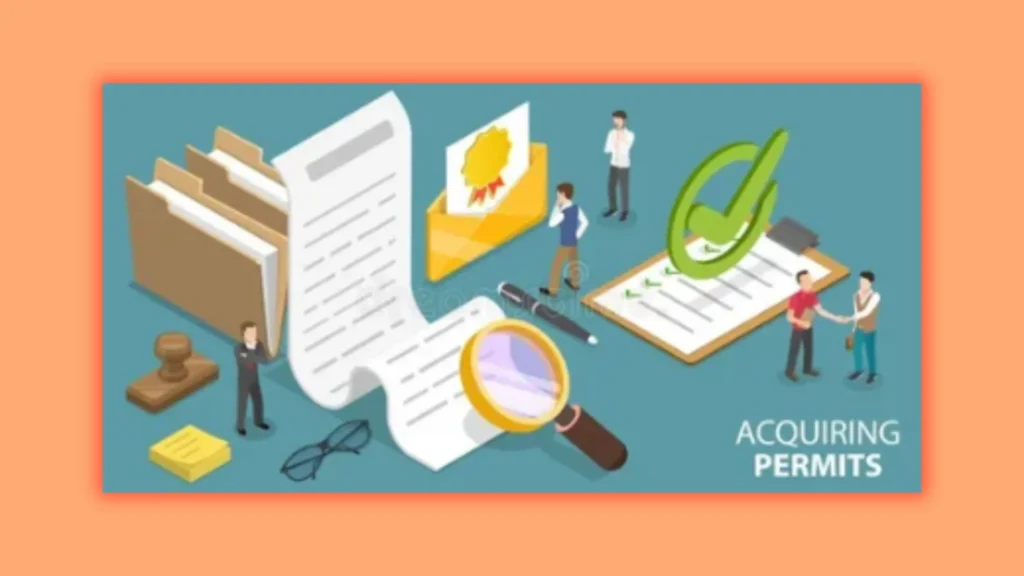
Local regulations must be followed. You’ll need
- MSME Registration
- NOC from the State Pollution Board
- Factory Permit
- Business Registration
- Trade License
- GST/VAT Registration
Obtain any local waste management and environmental safety permits.
5. Select a Location
Location is crucial for reducing transportation costs and increasing efficiency.
- Supplier proximity: Locate your plant near tire scrap sources to cut hauling costs.
- Access to utilities: The site should have sufficient water, power, and garbage disposal.
6. Place Your Plant
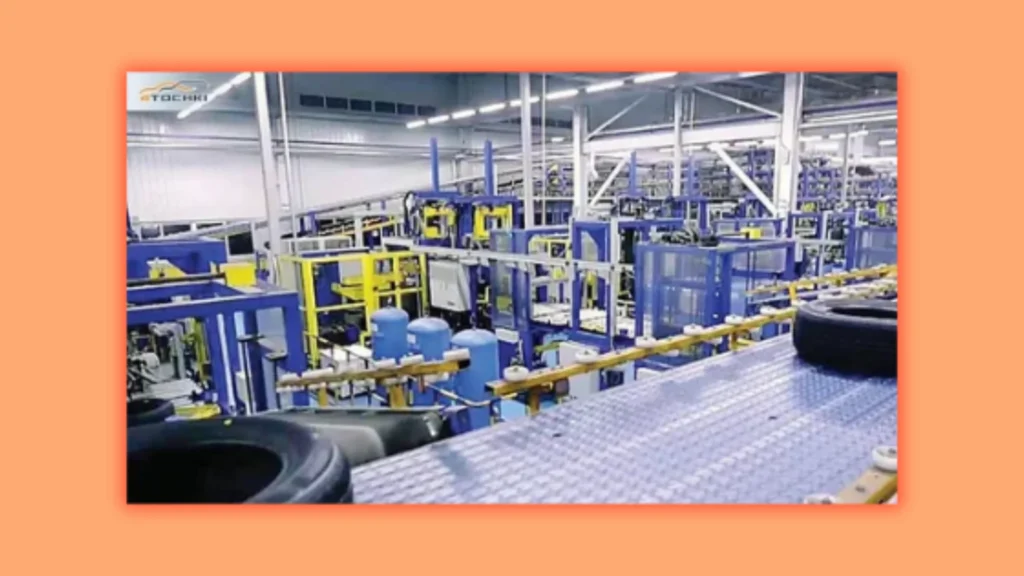
Effective tire processing requires particular equipment at your plants, including:
- Shredders: For tire shredding.
- Granulators: To granule tires.
- Powderizers: Fine rubber powderization.
Purchase heavy-duty machinery to properly handle significant tire volumes.
7. Build Supply Chains
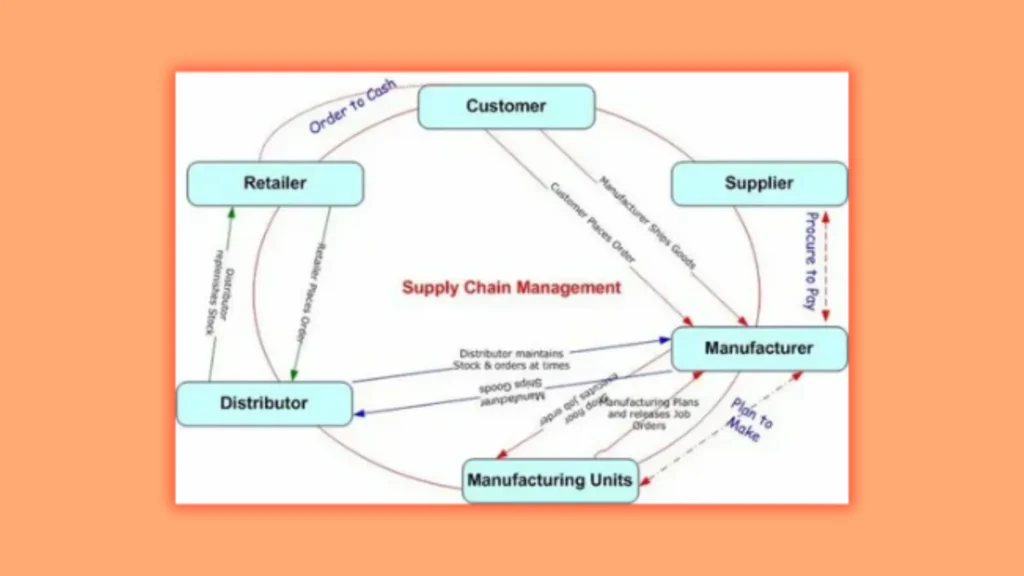
Grow supplier and customer relationships, such as:
- Tire Collection: Provide trash containers or pickup services for local tire retailers.
- Selling recycled items: Find consumers for recycled rubber mulch and crumb rubber, which have many uses.
8. Take Safety Measures
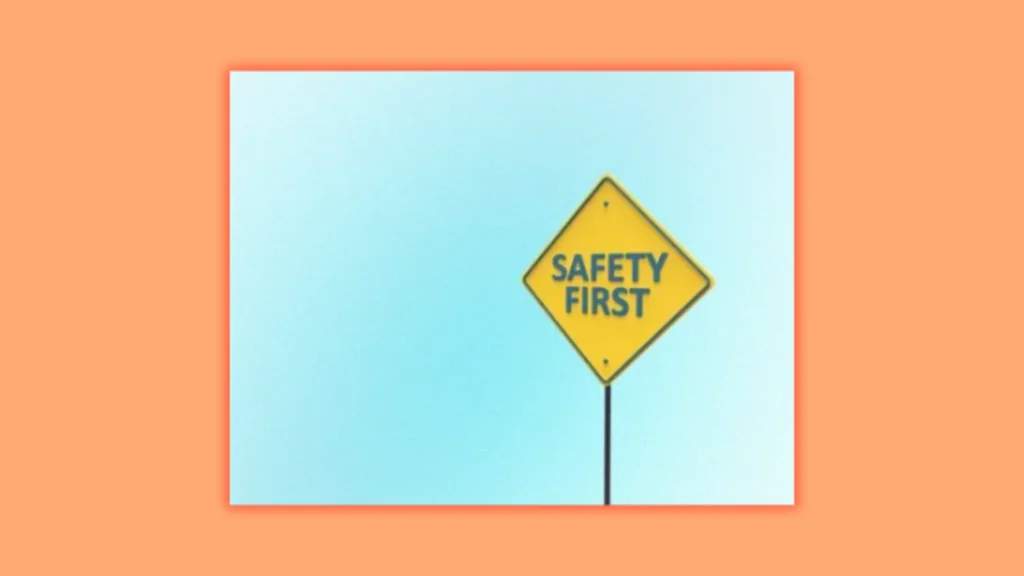
For worker and environmental safety, ensure your facility follows safety regulations:
- Obtain insurance to reduce operational hazards.
- Train staff on machinery and material handling safety.
9. Promote Your Business

Use multiple methods to promote your services once operational:
- Use online marketing to reach customers.
- Promote your recycling services through local businesses and community activities.
Advantages and Disadvantages of Starting a Small Tire Recycling Plant
| Advantages | Disadvantages |
| Reduces landfill pollution. | New equipment is expensive. |
| Tires become valuable products. | Unreliable recycled materials. |
| Promotes local employment. | Rules must be followed. |
| Green product demand is rising. | Comparable to cheap synthetics. |
| Recycling-friendly government policies. | Demands high-tech equipment and care. |
| Reduces tire waste’s impact. | Market volatility delays ROI. |
Important Small Tyre Recycling Plant Facts
- Current Recycling Rates: California wants to recycle 75% of waste tires by 2025. Despite market challenges, this is slightly higher than in previous years.
- Scrap Tire Generation: In the U.S., 280 million scrap tires produce 4 million tons of garbage; improper disposal negatively impacts the environment because most tires take longer to decompose.
- Market Growth: The predicted market value for tire recycling from 2023 is estimated to increase by 3.3% to $18.14 billion.
- Environment: Solar radiation can release waste tire chemicals and methane, endangering ecosystems and public health. Tire stack fires increase environmental risks.
- Recycling Benefits: Tire recycling minimizes the use of raw materials, greenhouse gas emissions, and energy used to manufacture virgin materials.
- Concerns: According to recent sources, 56 million scrap tires are in stockpiles in several U.S. states, with some missing cleanup systems.
- Innovative Uses: tires in animal water tanks and tree planters show their versatility.
- Industry Collaboration: Rubber companies are working with recycling businesses to improve recycling and find new markets for recycled materials, such as carbon black in new tires.
- Public Awareness: Demand for eco-friendly tire recycling methods rises as sustainability efforts increase.
- Regulation: The U.S. Tire Manufacturers Association (USTMA) recommends state and federal tire recycling and waste management innovation regulations.
These facts cover the current state of tire recycling and demonstrate its importance and environmental potential.
Conclusion
In conclusion, a small tyre recycling plant offers a unique chance to combine financial success with environmental responsibility. Reusing discarded tires to make valuable items reduces landfill waste and promotes sustainability.
Eco-friendly solutions are in demand, making this venture profitable despite early expenses and regulatory compliance. With careful planning, market research, and sustainability, you may build a profitable business that helps your community and solves tire waste. Take advantage of this chance to help others while growing your business.
FAQs
What are the most rented special occasion items?
Recent developments have included furniture, décor, lighting, and technological rental services for weddings, corporate events, and parties.
How do event rental companies handle seasonality?
Suggestions such as a special offer for the off-season or varying stock to keep busy all year round should be studied.
How does one start a business renting event equipment?
Learn more about licenses, insurance, and permits depending on the country or state law.
Which steps should an eco-friendly rental company take to attract customers?
Explore the evidence for the effects sustainable practices have on customers and the industry’s competitiveness.
How should an event rental company market?
Investigate the productivity of web marketing, social media marketing and working with event marketing organizations.


